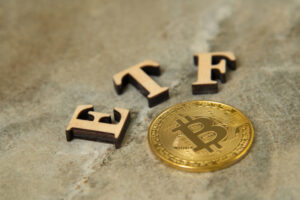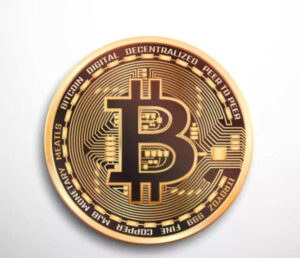One name that has been making news recently in the constantly changing world of cryptocurrencies and blockchain technology is Solana. Solana, a decentralized system with excellent scalability and speed, demonstrates an improvement in decentralized systems’ performance. We’ll go into Solana’s background, its challenges, and the underlying tokenomics that power its ecosystem in this piece.
An developer who has worked for Qualcomm, Intel, and Dropbox in the past, Anatoly Yakovenko, introduced the world about Solana Solana’s Genesis in 2017. Yakovenko’s goal, supported by Solana Labs, was to develop a decentralized blockchain that was quick, secure, and scalable. Thanks to a unique timestamp mechanism called Proof of History (PoH), Solana’s protocol was created with the aim of enabling a significant number of nodes to concur on the time and order of events without relying on a central source.
Since the Solana network became live in March 2020, it has expanded quickly and attracted a number of projects and partnerships in the cryptocurrency industry. The Solana network’s native cryptocurrency, SOL, has seen substantial development and adoption, solidifying its position among the top tiers of the cryptocurrency market by market value.
Challenges Met Along the Way
Solana’s journey hasn’t been without its share of difficulties, despite its incredible growth and potential. The most prominent occurred in December 2020, when Solana’s mainnet beta network stopped processing blocks for around six hours due to a network outage. This was ascribed to a problem with the network’s consensus process, which the Solana team immediately fixed.
Solana experienced another network issue in September 2021 as a result of a sharp rise in transaction traffic that peaked at 400,000 transactions per second. Network instability and a 17-hour outage resulted from this. After the problem was fixed, the network’s scalability and robustness improved as a result of the incident.
These difficulties were serious, but they also taught Solana important lessons that have guided her development. The team has received praise from the crypto community for its openness and initiative in tackling these problems.
Knowledge about Solana’s Tokenomics
SOL, the native coin of Solana, is essential for running and sustaining the Solana network. The tokenomics of Solana, which has a total supply of 489 million SOL as of my knowledge cutoff in September 2021, is intended to promote a strong economic ecology.
First and foremost, SOL is employed for staking, which aids in network security and affects the choice of validators who add new blocks to the Solana blockchain. Staking payouts, which also increase the token’s yearly inflation rate, provide validators with an incentive.
Second, SOL is burned as part of the Solana network’s transaction costs. The deflationary effect of this burn mechanism balances out the inflation brought on by staking incentives.
SOL also functions as a governance token. There is some degree of decentralization in decision-making because SOL holders have the ability to vote on various ideas that may have an impact on the Solana protocol.
As our society increasingly embraces digitization and decentralization, Solana and its native cryptocurrency, SOL, claim to have the power to fundamentally alter the blockchain environment. It’s important to note, though, that I have some concerns about Solana’s security procedures, which are essential for building confidence in this blockchain era. Although Solana has seen many difficulties, its team’s focus on openness, scalability, and security continues to pique the interest of numerous industrial sectors. It will be interesting to see if these worries are allayed and trust is regained.
Solana’s story offers an engrossing narrative of resiliency and invention in the cryptocurrency industry as the development of blockchain technology takes shape. However, the long-term viability of Solana will depend on how much I believe in its security. Despite my reservations, there are countless chances in the future, and it is unclear how Solana and other cryptocurrencies will handle and shape them.






